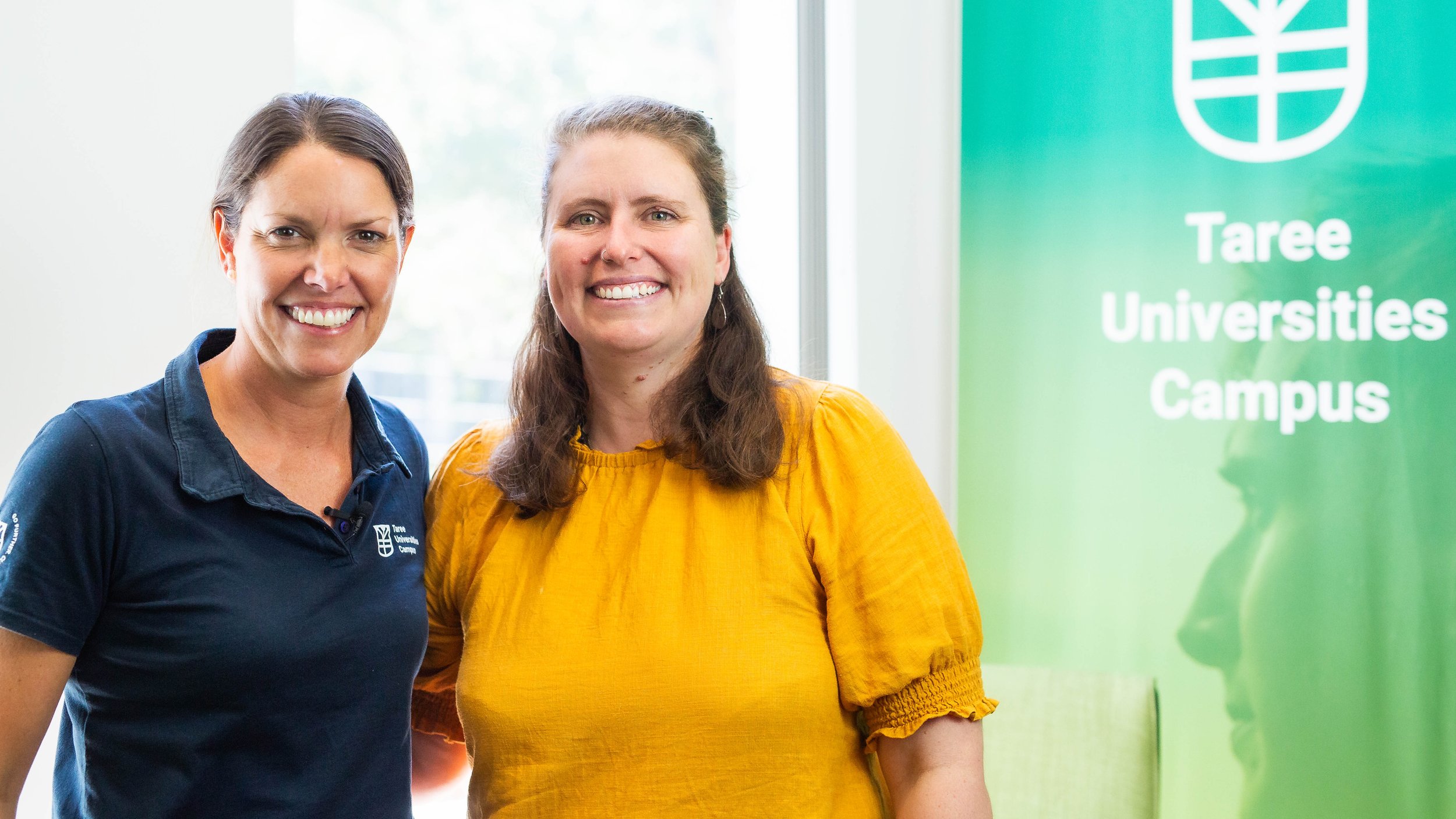Jessica Loughland
Snapshot:
Industry / Sector: Academia & Research, Education, Health
Current Professional Life: Academic / Researcher
Education Pathway: University
Mid Coast Connection: Born & raised on the Mid Coast
The Blurb:
Jessica Loughland is a postdoctoral researcher investigating the human immune response to malaria—an infectious disease that disproportionately impacts the world’s most vulnerable. Driven by integrity and curiosity, Jessica has built a career around critical thinking, rigorous research, and big-picture questions.
From Taree to Sydney, Darwin and Brisbane, her journey reflects the power of risk-taking and a passion for solving real-world problems through science.
-
Many of our Human Library participants are happy to continue sharing their insights beyond these videos. Whether it’s a chat over email, a phone call, or even a visit to your school or group, they may be open to offering further advice and perspective.
Every person’s availability is different, so we’ll work with you to find the best way to connect.
Click the link below to get in touch — we’d love to help you
-
Current Role: Postdoctoral researcher in human immunology and infectious diseases
Research Focus: Understanding the immune response to malaria to support better prevention and treatment tools
Key Skills: Critical thinking, synthesizing ideas, research integrity, mentoring
Career Milestones: Published research influencing vaccine formulation; teaching and mentoring PhD students
Values: Authenticity, integrity, honesty, continuous learning
Advice to Younger Self: “Take the opportunity. Even if you’re nervous—just give it a go.”
Reflection: Would’ve been more confident in taking risks; would remind her younger self, “Because you’re from Taree, you can do this.”
-
“Critical thinking and synthesizing ideas has allowed me to achieve my PhD and work as a postdoc.”
“Take the risk—because it’s really fun.”
“Because you’re from Taree, you can do this.”
“Integrity is knowing when to ask questions and when to stop and think.”
-
[0:10] Intro
Hi, thank you for joining us for our Human Library video series. In this video series, we borrow people from our local community to hear their stories and to showcase the diverse possibilities available in our local area.
Today I’ll be joined by Jessica Loughland, who’s a postdoctoral researcher exploring the human response to malaria. Today, we’ll hear more about her skills of critical thinking and synthesizing, and how she’s used these skills to get to where she is today.
[0:40] Can you tell us what your professional life looks like today?
Yes. So at the moment, I’m working as a postdoc, or postdoctoral researcher, at a medical research institute. Basically, what that involves is—we’re a group that works in human immunology, and specifically infectious diseases, looking at the human immune response to malaria.
Why we’re interested in that is because malaria affects over half the world’s population, mostly young children and pregnant women. There are no great tools to fight against malaria, so by understanding the human immune response, we’ll hopefully be able to create better tools to improve the fight against such an infectious disease.
That’s the overall aim of my role. But in my day-to-day life, I supervise students, I write papers, I write grants, I read a lot—read a lot—and I collaborate with a lot of people.
[1:47] Can you name and describe a skill that you’ve used through your life that’s helped you get to where you are today?
I was thinking about this, and I think critical thinking has been something I’ve learned over the last 12 to 15 years of what I’ve been doing. Critical thinking and synthesizing ideas. This skill has allowed me to achieve my PhD and also to work as a postdoc in my current role.
[2:15] Looking back, can you think of a specific time or give an example where critical thinking and synthesizing has really helped you achieve a goal?
Yes. I guess using critical thinking to find results in the data that I generate, and to synthesize those ideas to write publications—which then go on to help inform things like vaccine formulations, in my case for malaria.
[2:47] What do you love about your professional and personal life today?
What I really like is teaching those skills to my PhD students and honours students and research students generally. What’s really great is seeing someone when they first start their PhD or masters or honours. At the beginning, it’s very hard to have those big ideas and to think in a big-picture way, and then also bring it into a narrow focus.
Just to see how students learn that over the three to four years. Right now, we have new PhD students starting who seem very wide-eyed and nervous, and my more senior PhD students are really starting to ask great questions and lead their own projects. That’s very rewarding.
[3:40] What do you think this says about the values that are important to you?
Values that are important to me are authenticity and integrity, as well as honesty—which probably all come together with authenticity. Integrity also comes into research integrity. It’s really important to know when you’re doing something that you are doing it correctly, but also to know when to ask the right questions and stop yourself and think, “Oh, maybe we need more input.”
That also comes into authenticity - you have to be an authentic person to get the right answers to solve these problems.
[4:28] What’s one piece of advice that you would give your younger self today?
I think I would say to take opportunities when they arise. When someone gives you an opportunity to do something, and you feel nervous, just give it a go.
To be able to do what I do now, I made the decision to move. I did my undergrad at Sydney Uni, then got a job at a research institute in Darwin. I was interested in social justice issues, and the institute focused on Indigenous health, so I thought maybe that was something I’d be interested in. I actually ended up in the global health department, where they look at malaria.
By following this deep-seated understanding of myself, I was able to take that opportunity. We stayed in Darwin for eight years, and then I took another opportunity to move to Brisbane for four years as a postdoc. So I think I’d say to myself: just take the risk, because it’s really fun.
[5:30] If you think back to your younger self, do you think that advice would have changed anything that you’ve done through your life?
I think potentially I would have been more confident with taking risks in other career possibilities. I might have undersold myself a little bit.
I’d probably give myself more advice and say, “Just because you’re from Taree - you can do this!” So yes, I think I might have taken a few more risks back then if I’d known that advice.
Please note: All content is correct at the time of recording.


